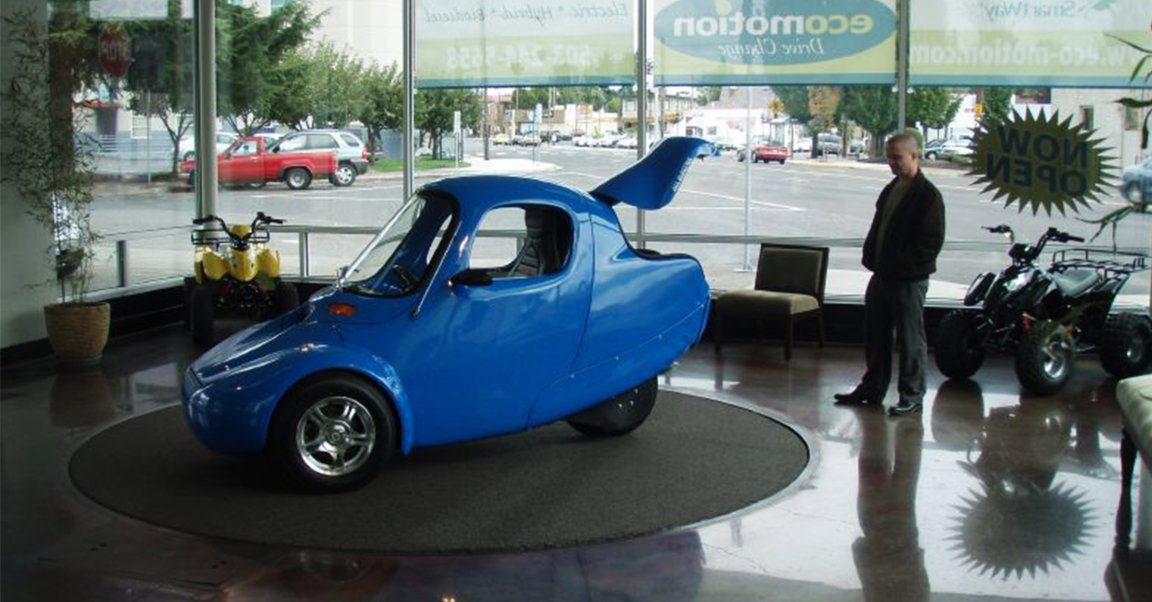
Car salespeople have a reputation for being pushy, but there’s one thing they aren’t trying to hard sell: electric vehicles (EVs).
While some of us would prefer getting a root canal to buying a car, researchers from Aarhus University in Denmark and the University of Sussex undertook the daunting task of visiting 82 car dealerships a total of 126 times as part of a new study published yesterday in Nature Energy. During those visits, they noticed a pattern in the way dealers approached selling EVs, and it could be slowing their adoption.
For their study, the researchers put on their acting caps and posed as interested car buyers at dealerships in Denmark, Finland, Iceland, Norway, and Sweden — nations generally considered to be at the forefront of the clean energy revolution.
They went in completely neutral, expressing no preference for any particular type of vehicle so they could see how the salespeople would react. Here’s what they found:
- Salespeople much preferred selling internal combustion engine vehicles (ICEVs) to selling EVs. During two-thirds of the visits, they “strongly or solely oriented” the researchers to buy an ICEV and “actively dismissed” EVs.
- Seventy-seven percent of salespeople at the dealerships that did sell EVs didn’t mention that the EVs existed. One even denied his dealership sold EVs, only admitting it when pressed.
- Salespeople really didn’t know much about EVs. During 71 percent of the visits, they displayed either low knowledge or none at all. They said vehicles had shorter ranges and longer charging times than they did, and misinformed buyers about the tax benefits.
The researchers left each visit knowing the car they would purchase had the visit been “real.” The chance of it being an EV was less than 15 percent with the exception of one city: Oslo.
“The evidenced misinformation and omission of EVs within the sales conversation hinders the ability of mass market consumers to consider electric vehicles as a purchasing option, and potentially even remain incognizant of EVs’ existence,” lead author Gerardo Zarazua de Rubens said in a press release.

In addition to visiting all those dealerships, the researchers also interviewed experts to figure out why EVs got the cold shoulder. The short answer? Salespeople are just following the lead of the government and auto industry.
“The effects of national transport policy were clear while at the dealerships. Dealers consistently were looking to sell the product that was easiest to sell and had the best benefits for consumers,” said co-author Lance Noel. “It’s clear that if governments want consumers to purchase EVs, then governments need to make it more beneficial for consumers, otherwise the dealers will always revert to the cheaper, easier ICEV,” he added.
The auto industry, meanwhile, needs to do more to educate salespeople about EV options. The researchers suggest new training initiatives so that dealers will be more adept at selling EVs.
Convincing people to buy EVs is hard enough. The last thing we need are dismissive, misinformed salespeople adding another barrier to adoption, and prolonging humanity’s dependence on environment-destroying fossil fuels.